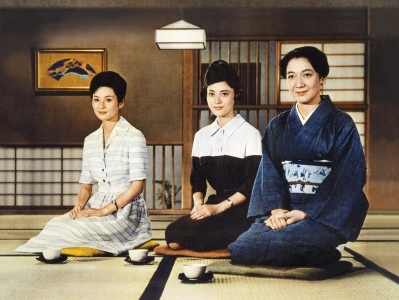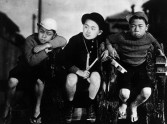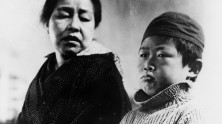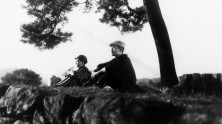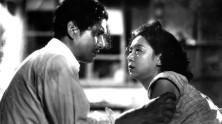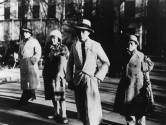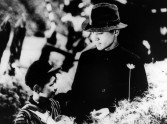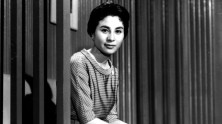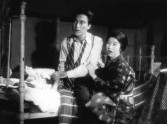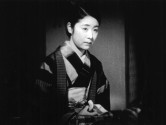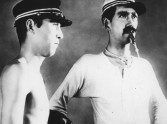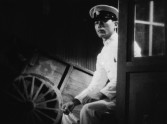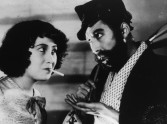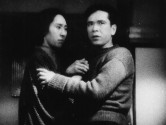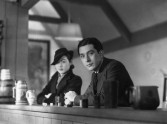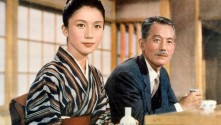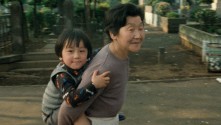
There Was a Father was a box office success, a Kinema Junpo first prize winner, and the winner of a national policy film award from the Bureau of Information—an indication of Ozu’s popularity during wartime. Though the script was written after The Only Son (1936), it was rewritten several times after Ozu’s military service in China. Like the mother in that earlier film, Shuhei (Ryu Chishu) has dedicated his life to working for his son Ryohei’s education. After a lifetime of being apart, Ryohei (Sano Shuji) wants to quit his difficult job as a teacher and finally live with his father. But Shuhei refuses, insisting that happiness is only possible through the pain of work. On the level of plot and dialogue, the film satisfied government requirements with its patriotic adages and calls to self-sacrifice. But Ozu’s empty spaces, contrasted with shots of Shuhei and Ryohei seated at a distance and beneath harsh lights, convey a painful sense of loneliness reified by Shuhei’s traditional ideals. The film is at once a testament to the endurance of Ozu’s style through history, a step forward in his oeuvre and a convincing work of wartime propaganda.
Part of film series
Screenings from this program
Late Spring
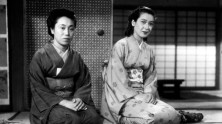
Tokyo Story
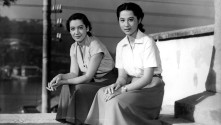
Early Summer
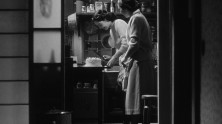
Passing Fancy
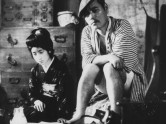
Dragnet Girl
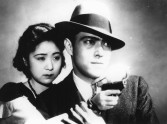
Tokyo Story

A Story of Floating Weeds
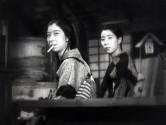
Days of Youth
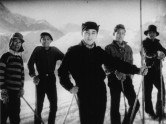
The Flavor of Green Tea over Rice
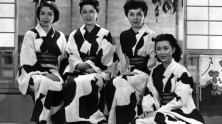
Early Spring
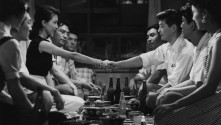
The Munekata Sisters
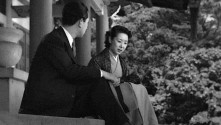
Floating Weeds
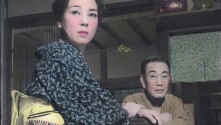
Good Morning
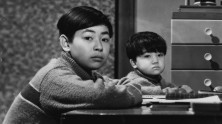
Late Autumn
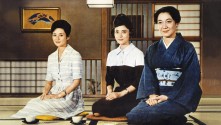
Tokyo Twilight
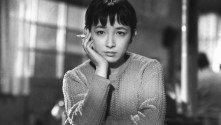
The Brothers and Sisters of the Toda Family
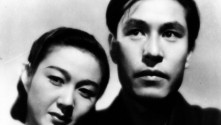
I Flunked, But …
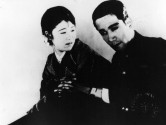
Late Autumn

Where Now Are the Dreams of Youth?
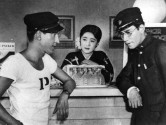
The End of Summer
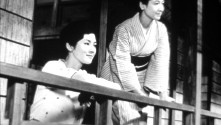
Early Spring

Café Lumière
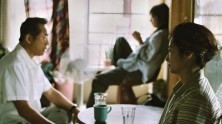
Tokyo Story

